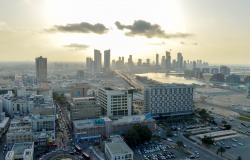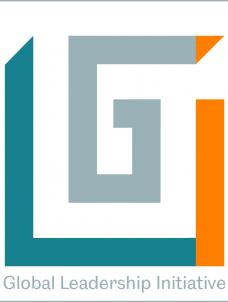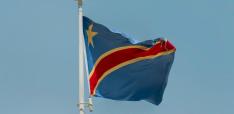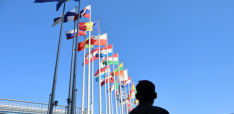How the Kingdom of Bahrain Became a Playground for Entrepreneurs

As Bahrain attempts to diversify its economy it is continually looking towards the expansion and growth of SMEs. Lars Hoeylo Kjoellesdal reflects on Bahrain’s future SME policies.
If you are visiting Bahrain and you have a soft spot for oil history, then the Dar al-Naft Oil Museum, situated in the south of the island, might be a good way to drill a few hours away. In fact, Bahrain was the first country in the world to discover oil, back in 1929, and have since been historically dependant on oil and gas as an income stream, currently accounting for 19.3% of the nation’s GDP. In an effort to change this, Bahrain is therefore diversifying their portfolio and shifting their focus onto their most valuable asset: the Bahraini citizen. Focusing on the Bahraini citizen is, in other words, focusing on creating an innovation-driven economy. What is exactly the archipelago made up of 33 islands in the Arabian Gulf doing to promote individual entrepreneurial skills and spirit?
 When Jonathan Ortmans, the president of the Global Entrepreneurship Network (GEN) officially opened the Global Entrepreneurship Congress 2019 in the heart of Bahrain, he proclaimed the importance of the role of the government in nurturing an entrepreneurial ecosystem. Bahrain has seemingly taken this close to heart, which H.E. Kamal bin Ahmed Mohammed, the Minister for Transport and Communications, could confirm: ‘We are aiming to create an integrated and robust ecosystem, where we shift people’s attitude from job-seekers to job-providers.’ To achieve this, Bahrain has moved from oil to a more diversified and global market: the SME and startup markets.
When Jonathan Ortmans, the president of the Global Entrepreneurship Network (GEN) officially opened the Global Entrepreneurship Congress 2019 in the heart of Bahrain, he proclaimed the importance of the role of the government in nurturing an entrepreneurial ecosystem. Bahrain has seemingly taken this close to heart, which H.E. Kamal bin Ahmed Mohammed, the Minister for Transport and Communications, could confirm: ‘We are aiming to create an integrated and robust ecosystem, where we shift people’s attitude from job-seekers to job-providers.’ To achieve this, Bahrain has moved from oil to a more diversified and global market: the SME and startup markets.
Changes in legislation such as the introduction of a new bankruptcy law, which allows a company’s management to continue business operations during the administration process; and a new competition law, which prevents the development of monopolies and paves the way for other companies to disrupt established markets, have been instrumental to shift Bahrainis’ entrepreneurial attitude. In addition to being the first country in the MENA region to develop a Shariah-compliant crowdfunding platform, the Bahraini Cabinet has vouched to allocate 20% of total government spend towards public procurement from SMEs. There is, in plain English, a systematic and targeted support towards SMEs, where entrepreneurial journeys - with fellow locals or partnering up with foreigners - are championed.
The Minister of Transport and Communications also stressed the fact that the future lies in fast-paced, agile economies driven by the private sector. Indeed, having to wait for a few millennia to source another batch of oil is not fast-paced, which is why Bahrain is so keen to support the SME market with training and development programmes. The right question to ask is not what jobs we need today, but rather what we need tomorrow. This mantra sums up the Kingdom of Bahrain’s philosophy succinctly. After all, it is all about creating the jobs of the future, today.
Lars Hoeylo Kjoellesdal is a third year BA Accounting and Financial Management student at the University of Sheffield and a policy analyst at the GEC. This post is part of a series from the Global Leadership Initiative's team of eight students at the Global Entrepreneurship Congress 2019 in Bahrain from 15th to 18th April. To read there rest of the team's outputs, please see here.
Image credit: Francisco Anzola via Flickr (CC BY 2.0)


